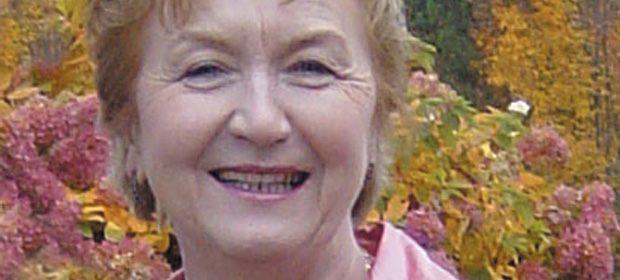There has been a general welcome by senior health managers of the HIQA report into Tallaght Hospital, its highlighting of current patient safety issues nationally and its broader recommendations regarding patient safety and good governance in all hospitals. Maureen Browne reports.
Senior health managers have welcomed the recommendations of the HIQA Report on Tallaght Hospital as a long overdue charter of patient safety and good governance, which should be implemented as soon as possible.

Interestingly, many of the recommendations in relation to patient safety, leadership and executive governance are along lines which the Health Management Institute has been discussing and advocating in recent times and HMI President Mr. Richard Dooley said that the HMI Council would be considering the report closely.
Hospital managers believe that the Report highlights major dilemmas which they are facing at present including the impossible situation where they are directed by the HSE and the SDU to meet escalating patient demands while keeping within slashed budgets, working within service agreements which provide no clear direction for hospitals and, in the case of hospitals governed by Boards with a dual reporting relationship to the Board Chair and the HSE.
HMI President Mr. Richard Dooley said that the HMI Council would be considering the report closely
“This report really gets down to the nitty gritty about patient care, while the only conversations we can have with the HSE and the Department are about cutting money, closing wards and getting patients out of ED,” said one manager.
“There is a temptation for managers and staff to try to be helpful in ways that are not professionally sustainable. We need to stand up and say we are geared to deal with a particular volume of a general and specialty patients and that is all we can do. We need to be advocates for patients and more forthright in relation to what the real issues are. And that involves being critical of government and the Department and telling the story as it is. I think that at present some managers are being browbeaten into condoning what is happening and then they are blamed when things go wrong.”
A particular problem in many hospitals now is that they are being asked by the HSE to meet their activity and financial targets and at the same time keep their doors wide open in an unplanned way to people from all over the country, many of whom are attending because their own local services have been closed or scaled down. Managers say that this cannot continue and particularly in the cases of hospitals with tertiary and national specialties some clear direction must be given on catchment areas.
“We did get a letter recently on catchment areas but basically it said nothing and made absolutely no difference to how we can operate” said one hospital manager.
“Only a new service can get funding but if there is major demand on an existing service, there is no way of getting funding for it. We really need good planning. There is no point in appointing a consultant surgeon if there is no theatre time available for her or him.
“It is also high time that, 40 years after the Fitzgerald Report, something was done to rationalise hospitals. Whether we like it or not, we have reached the situation where some local hospitals are bleeding the money needed by hospitals providing acute services.”
Hospital managers believe that the Report highlights major dilemmas which they are facing at present including the impossible situation where they are directed by the HSE and the SDU to meet escalating patient demands while keeping within slashed budgets
“We are at one with HIQA in its view that it is “essential that the capacity and capability of leaders and senior managers in healthcare organisations, and the wider health system, have the core competencies and capabilities to successfully lead, manage and execute the challenges and requirements of running a healthcare organisation,” said one manager.
“The problem is that no value has been placed on leadership and what the system is looking for more and more is mangers who deliver the Department’s agenda, the SDU’s agenda and the HSE’s agenda, regardless of whether this is the most important thing for their hospital and if somebody tries to lead as distinct from being a production manager he gets cobbled.”
Managers also believe that Board Chairs should performance manage Chief Executives and that persons with potential conflict of interest should not be Board members. They welcome the HIQA recommendations that Board members should be appointed for their particular skills and expertise, receive training and induction and some payment in view of their serious oversight and governance responsibilities. They point out that in the NHS, Board members are selected by open competition. “This is about not only being professional but being seen to be professional.
They welcome the HIQA recommendations that Board members should be appointed for their particular skills and expertise, receive training and induction and some payment in view of their serious oversight and governance responsibilities
“I think a Board should not have more than 12 members and we also need to look not only at how Board members are appointed but also how they exit the Board,” said a manager.
On Tallaght Hospital itself, some managers pointed out that many of its problems are historic, stemming from the view at its establishment that its budget would be based on the budgets of the three hospitals it was replacing which left it underfunded and the scaling down of services in the last recession which created operational difficulties.

